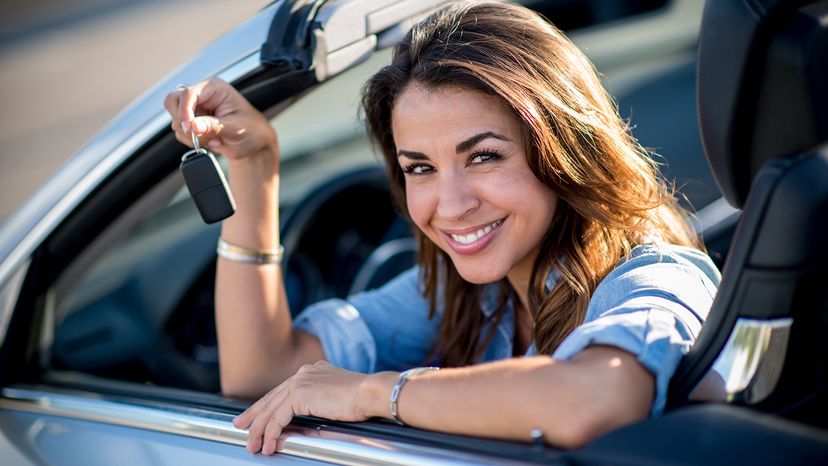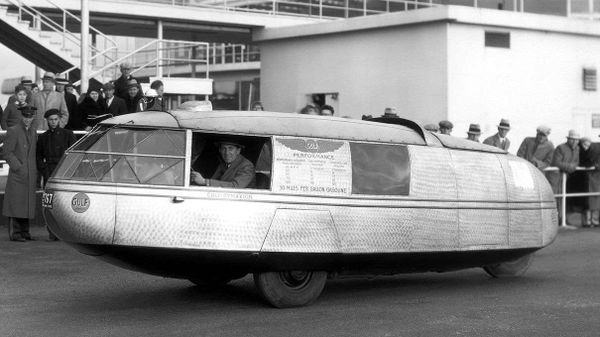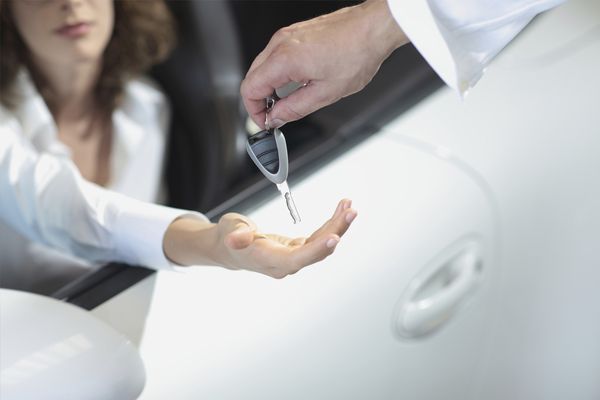
Have you ever test-driven a new car, with the salesperson sitting next to you in the passenger seat urging you to "open it up a little more" or "find out what this thing can really do"? That kind of encouragement might help sell cars, but it's a calculated risk on the part of the salesperson, or genius, or whatever the dealership calls them.
Sure, if you're testing a car from a dealership and an accident occurs, there's a chance that your personal car insurance may be considered responsible, but that's not as common as you might think. Each state has different laws that determine responsibility, says Jeff Willoughby, director of large accounts at Sentry Insurance, a U.S. mutual insurance company.
Advertisement
"The customer's insurance can come into play, depending on state statutes and whether or not [their] coverage is considered primary or the dealership's coverage is considered primary, and that's different across the country," says Willoughby.
Furthermore, Willoughby explains, crashes during test-drives don't happen all that often, though no one really keeps track of the exact numbers as a proportion of test-drives taken.
"There's a lot of test-drives being done at dealerships and for the most part, there's not a ton of accidents, but when an accident occurs, it can be a pretty significant event," says Willoughby. "A collision on the car is normally covered by the company that is handling inventory for the dealership."
Car dealerships are considered niche markets by the insurance company and require specialized insurance, which can come from a few different places. A property and casualty insurance company such as Sentry is able to handle the needs of a business such as a car dealership, but Willoughby points out that car dealerships also can buy insurance through the manufacturer of the car that they sell or through the lender they use to finance their inventory.
Thanks to these specialized types of insurance, a car dealership doesn't have to individually insure every car on the lot. Rather, the cars fall under a blanket policy, which makes things easier since a dealership's inventory changes daily.
"By and large, they buy the coverage on the total inventory," says Willoughby.
So, how much does a dealership pay for coverage on all of its cars? It varies a lot depending on the size of the dealership and whether it's a small business or part of a large dealer network. Willoughby estimates a single-point dealership in an average size town might spend between $40,000 and $60,000 for a year of coverage. A multilocation dealership will spend anywhere from $100,000 up to millions of dollars. This coverage protects all of a dealer's inventory and isn't just for test-drives. So chances are, if you wreck a car on a test-drive, the car dealership and its insurance company probably has it covered.
Advertisement


